A Year Of Play – My 2025 in Board Games

2025 is winding down, and like many others, I start to get a bit reflective at this time of year. I've been running Punchboard for over five years now, and 2025 was probably the best of the lot.
Board game reviews and previews
Board game reviews and previews

2025 is winding down, and like many others, I start to get a bit reflective at this time of year. I've been running Punchboard for over five years now, and 2025 was probably the best of the lot.
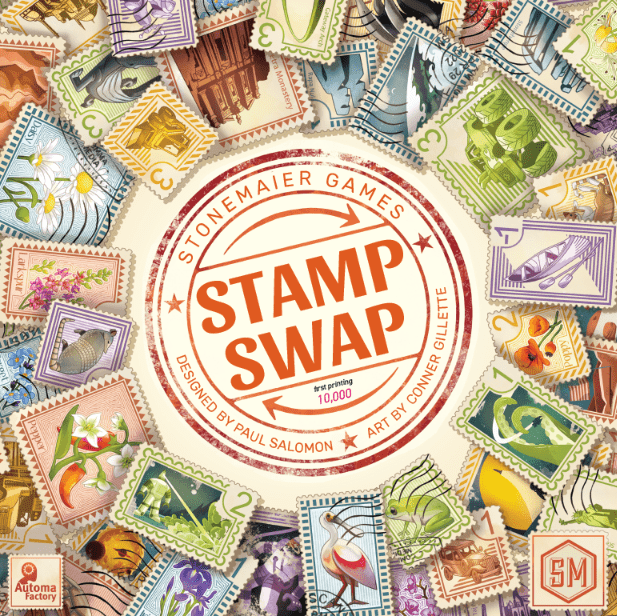
Is it worth taking those single blue stamps and forgoing everything else on offer? Are the cherries on those pieces of cake big and juicy enough?

Railway Boom's hook, its something special, its little bit of ooh-la-la, is the bidding mechanism that underpins nearly everything that happens.
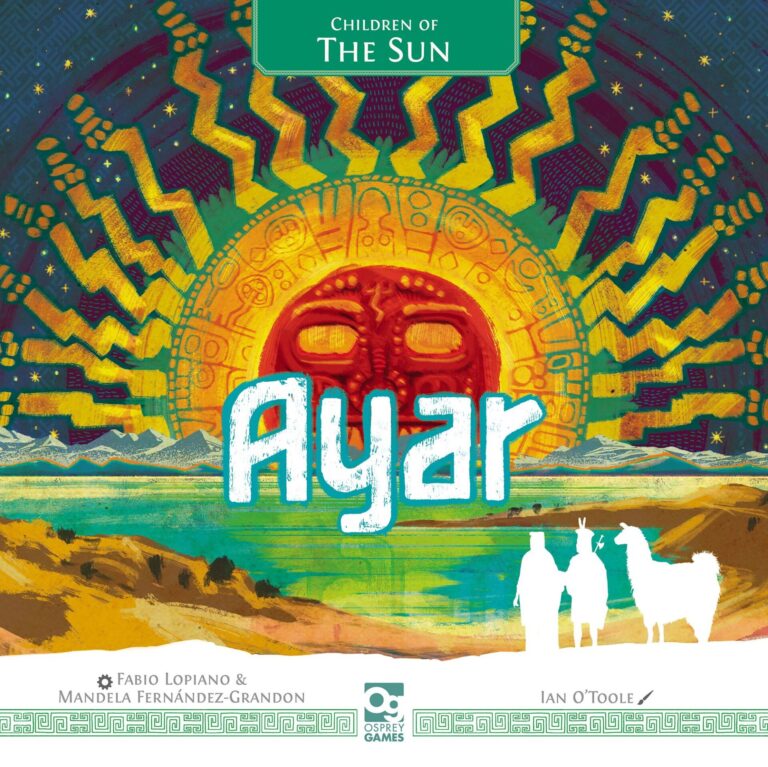
Ayar does things differently from its predecessors, but still retains the feel and atmosphere of them while offering something wholly different. I think it might be the best of the bunch.
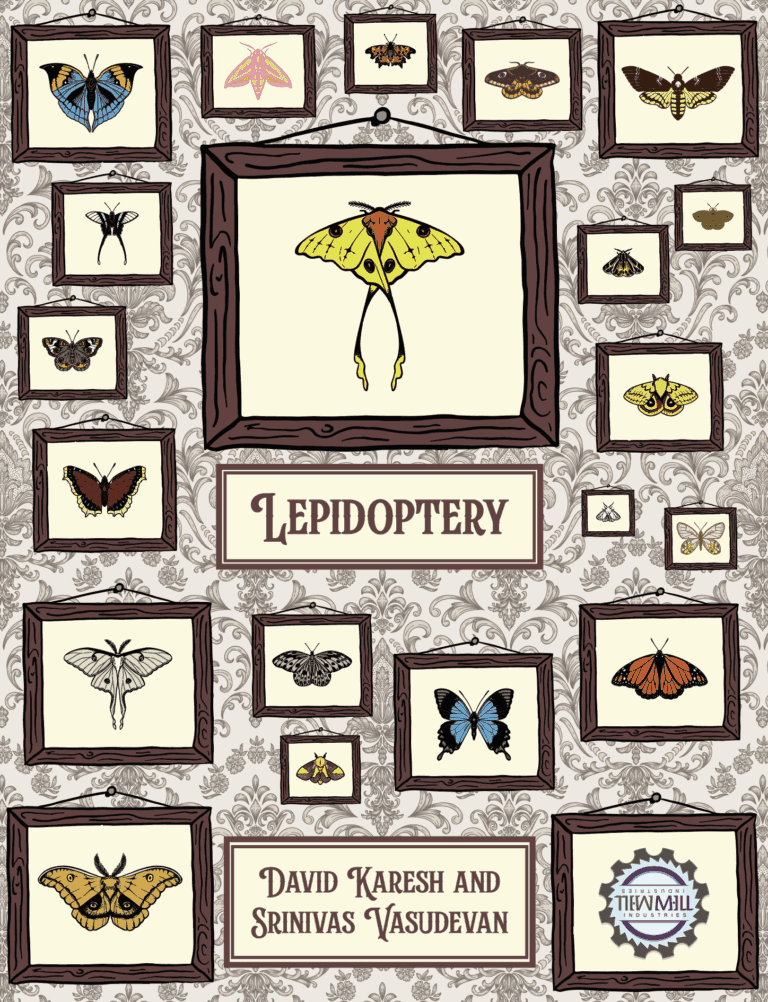
For a game to succeed in a crowded market, it needs to stand on its own two feet. Butterflies have six feet, which is surely cheating, but it works.

As someone who doesn't usually reach for a skirmish game, I went into Doom with a sense of apprehension, hoping that the Doom feel would carry through, and to its credit, it does a really good job of it.
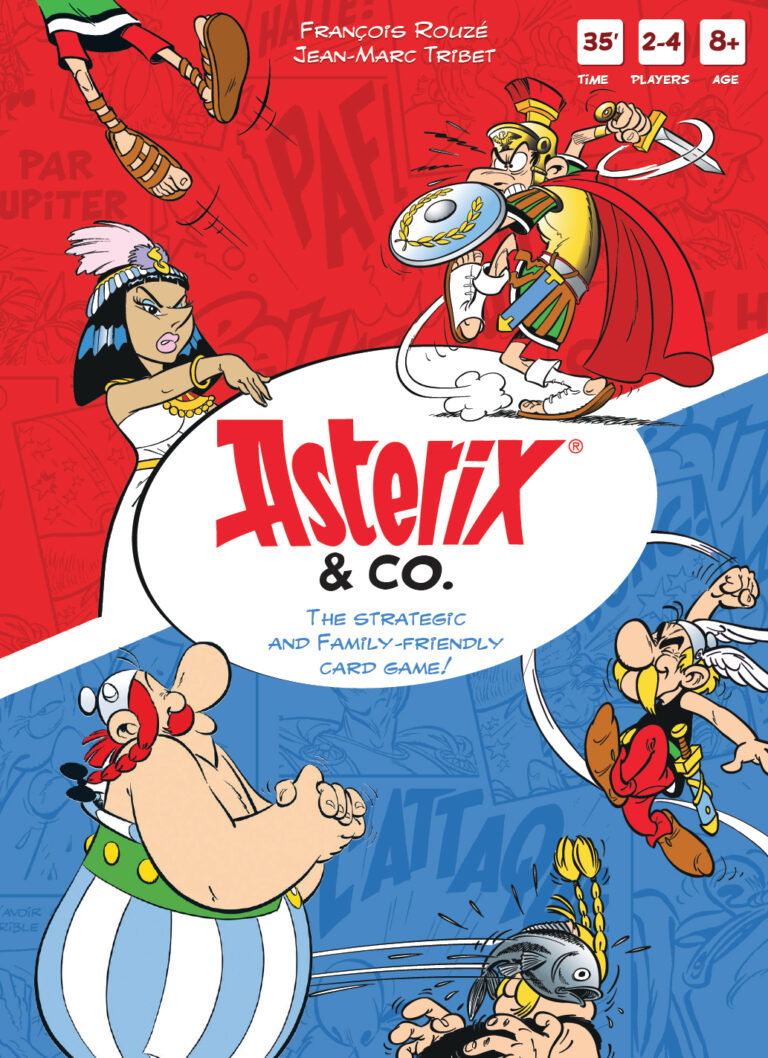
The concept behind Asterix & Co. is simple, which is precisely what you want from a game you'll play with your family.
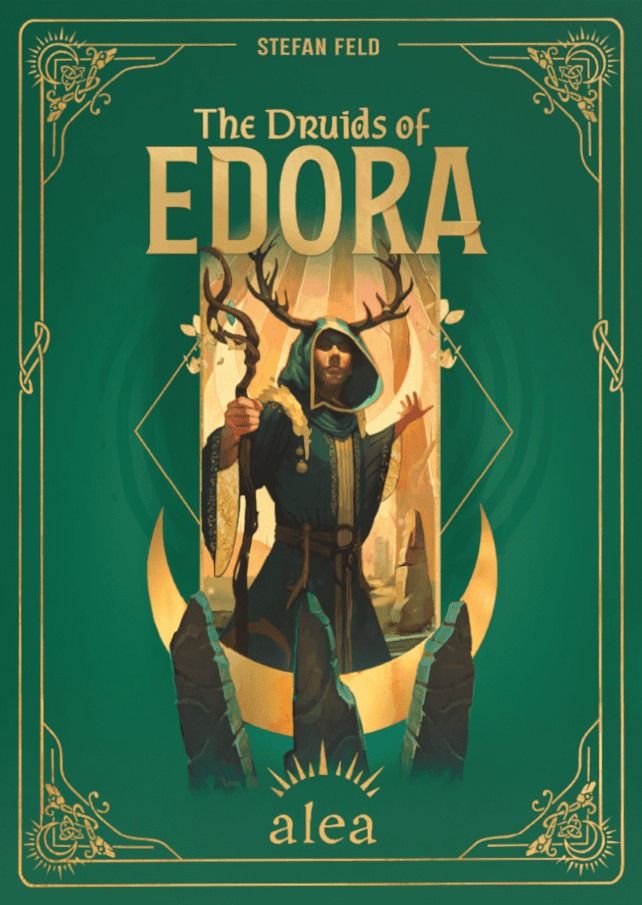
A new Stefan Feld game arriving is always exciting to me. You never quite know what you're going to get.
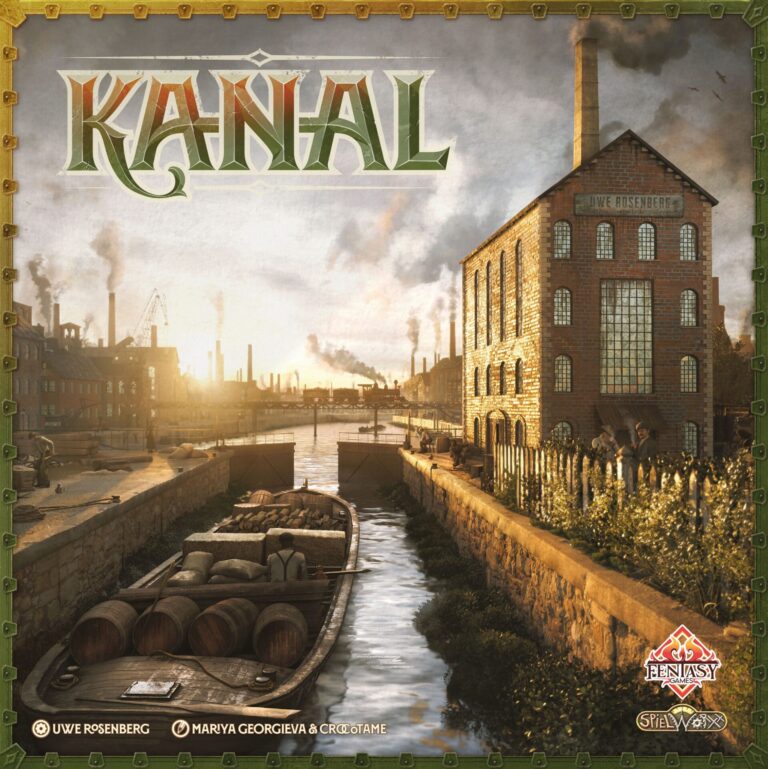
For me, though, Kanal is another of those games I'll return to again and again when I have an hour to myself and want to get away from the screen. A delicious solo puzzle ice cream with Rosenberg ripples throughout.
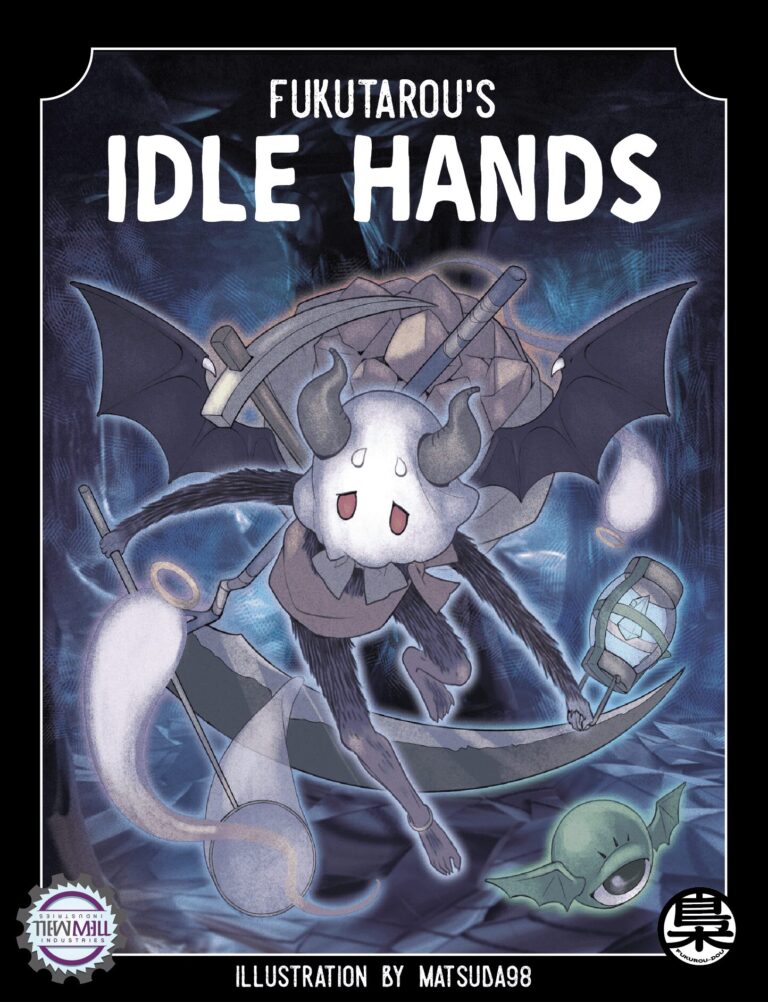
If you like trick-taking games, especially those with a little bit of needle in them, a little bit of take-that, you'll have a great time with Idle Hands